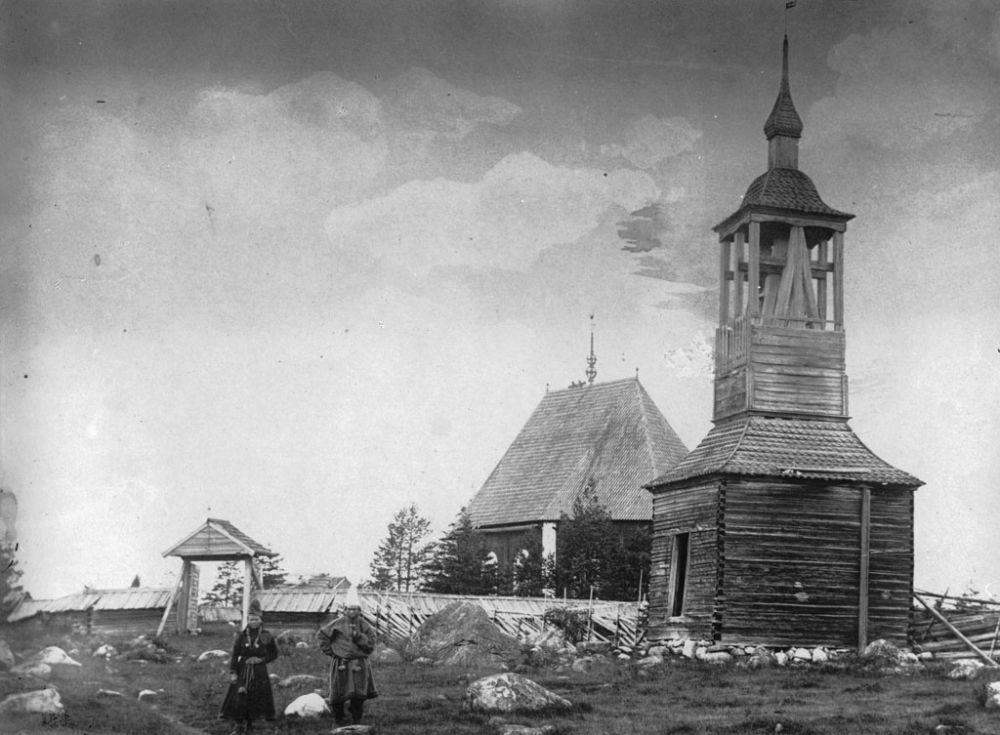M articals
Article
News
Tools
search

Monarchy of Sweden

Sweden in the present day is a representative democracy in a parliamentary system based on popular sovereignty, as defined in the current Instrument of Government (one of the four Fundamental Laws of the Realm which makes up the written constitution[6]). The monarch and the members of the royal family undertake a variety of official, unofficial and other representational duties within Sweden and abroad